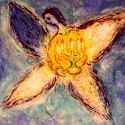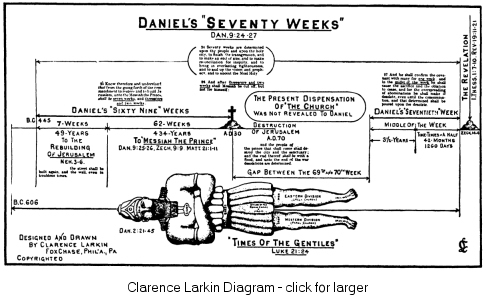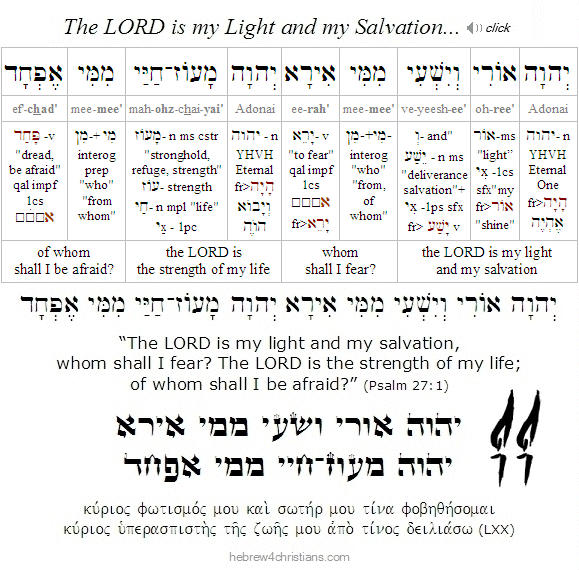|
|
|||||||||||||||||||||
 |
|||||||||||||||||||||
|
Learn Hebrew |
|||||||||||||||||||||
|
|
||||||||||||||||||||||||||||
|
Many Bible scholars infer that the prophet Daniel (6th Century BC) foresaw the rise of Alexander the Great centuries beforehand in the vision of a "male goat running from the west" that had a conspicuous horn between its eyes (see Dan. 8:1-12; 21-22). This goat destroyed the power of the kings of Media and Persia (symbolized by two horns on a ram, see Dan. 8:20). Though the "goat" (Alexander) became exceedingly great, eventually its horn was "broken into four [kingdoms]," and out of these four horns arose a "little horn" (i.e., the Seleucid king Antiochus "Epiphanes," c. 175-163 BC) who had authority over "the glorious land" (i.e., Israel). This "little horn" (Χ§ΦΆΧ¨ΦΆΧ ΧΦ΄Χ¦ΦΌΦ°Χ’Φ΄ΧΧ¨ΦΈΧ) greatly magnified itself, cast down some of the stars (i.e., righteous souls), took away the sacrifices, and defiled the very Sanctuary in Jerusalem. As we will see, Chanukah ultimately is a prophetic message regarding the End of Days and the victory of our Messiah...
The intertestamental Book of Maccabees (c. 2nd Century BC) tell us more about this "little horn" and his vicious oppression of the Jewish people. Antiochus installed Hellenistic Jews to the priesthood and demanded the adherence to Hellenistic cultural ideals. He established edicts that prohibited observing the weekly Sabbath and the other biblical festivals. The reading of the Torah was outlawed and all copies of it were ordered to be burned. Temple sacrifices were forbidden; circumcision was outlawed and the penalty for disobedience was death. Women who disobeyed the edict by circumcising their sons were paraded about the city with their babies hanging at their breasts and then thrown down from the top of the city wall (2 Macc. 6:1-11). Many Jews fled and hid in the wilderness and caves and many died kiddush HaShem - as martyrs (see Heb. 11:36-39). Eventually Jewish resistance to this imposed Hellenization meant war. In 164 BC, in Modin, a small town about 17 miles from Jerusalem, Mattityahu (Matthias), a Hasmonean priest, and his five sons took refuge. When Antiochus' soldiers arrived at Modim to erect an altar to Zeus and force the sacrifice of a pig, Mattityahu and his sons rose up and killed the Syrians. They then fled to the Judean wilderness and were joined by other freedom fighters. After some organizing, they soon engaged in successful guerrilla warfare against their Syrian/Greek oppressors. The three-year campaign culminated in the cleansing and rededication of the Temple (for more on this subject, see Chanukah and Spiritual Warfare).
|
|
Hebrew for Christians |
|||||
|
|||||


